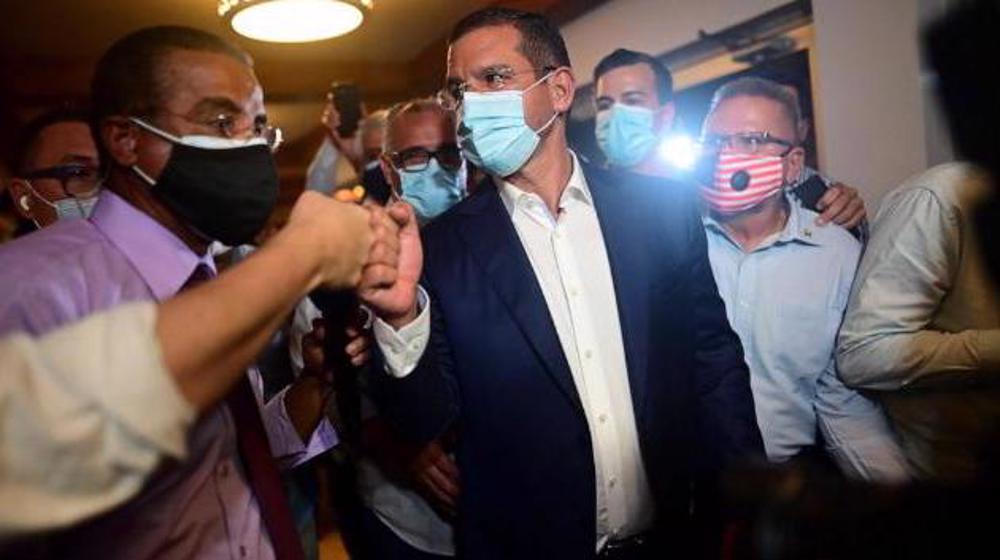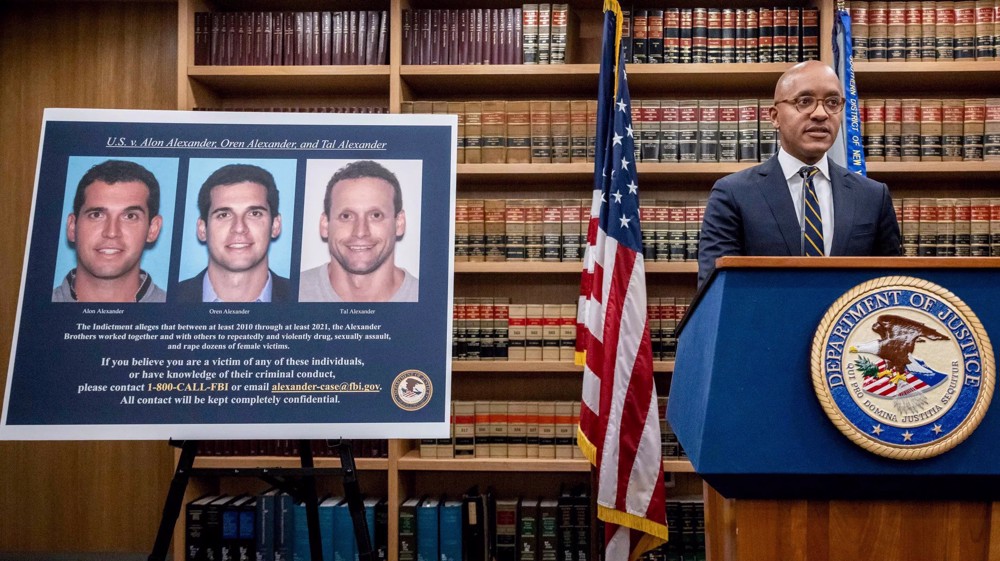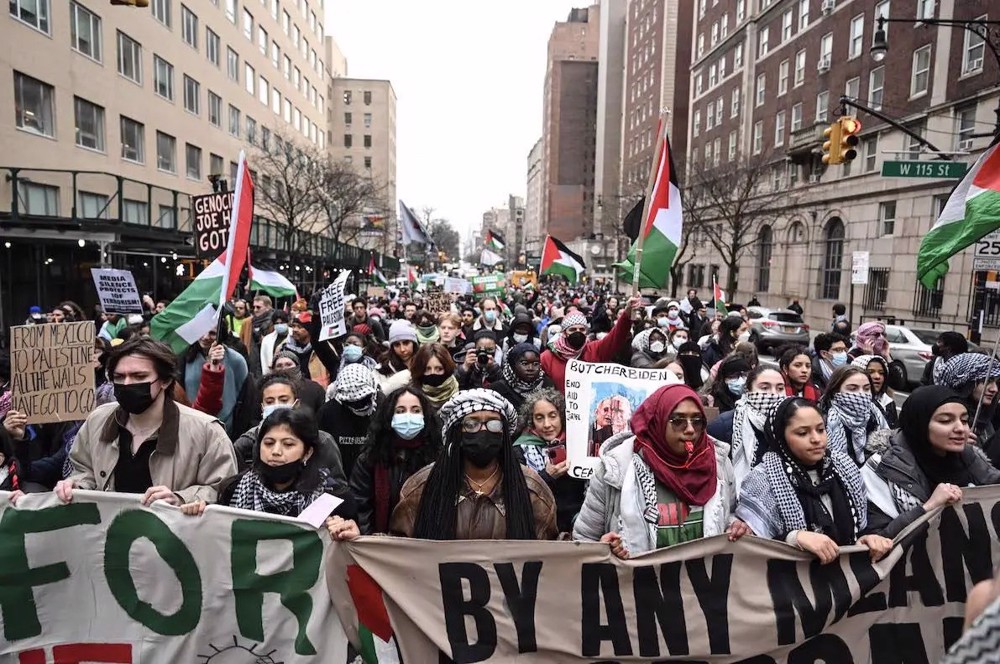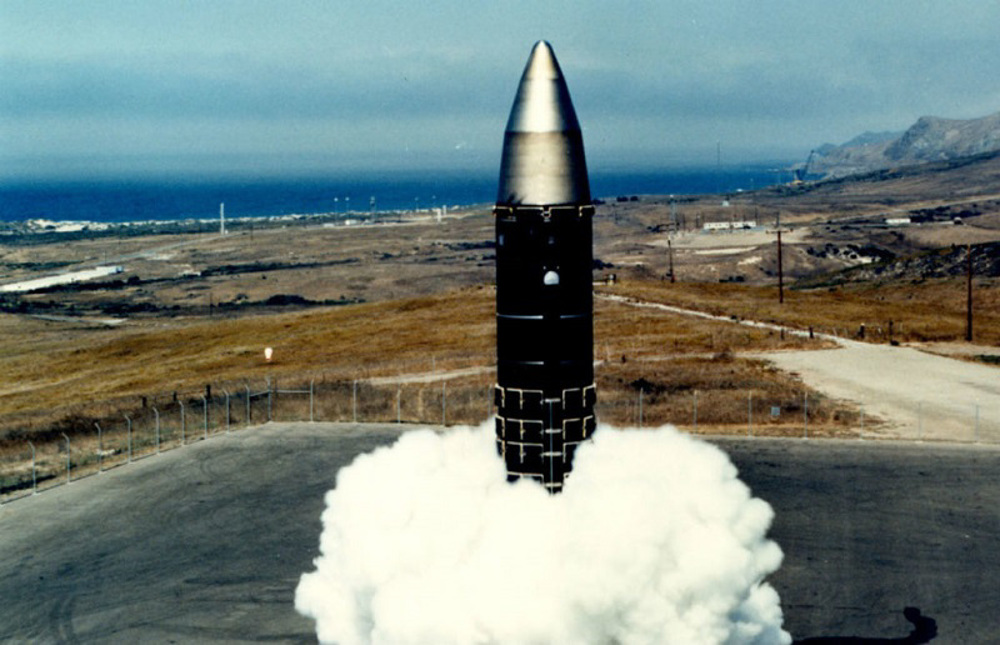New governor sworn in as a wary Puerto Rico demands changes
Pedro Pierluisi vowed to achieve statehood for Puerto Rico and fight against poverty, corruption and COVID-19 after he was sworn in Saturday as the US territory’s new governor.
Pierluisi, a Democrat who previously served as Puerto Rico’s representative in Congress for eight years, also promised to prioritize education, lift the government out of bankruptcy and alleviate a deep economic crisis as leader of the pro-statehood New Progressive Party.
“I have listened to our people and acknowledged the needs for better governance,” he said in a bilingual speech with a strong conciliatory tone. “I need everyone to battle our common enemies.”
Saturday’s ceremony marked the end of a chaotic four-year period in which Puerto Rico had three governors, including Pierluisi himself briefly after former Gov. Ricardo Rosselló stepped down last year following huge street protests.
Pierluisi, 61, inherits a stagnant economy, a divided legislature, a billion-dollar public debt restructuring and a politically fractured US territory hit hard by the pandemic as it still struggles to recover from hurricanes and earthquakes.
“Some very difficult years await him and the island,” said political analyst Mario Negrón. “The economy is in critical condition, and even though federal funds are on their way, people forget that the debt will have to be paid starting in February.”
Pierluisi, who is known for his conciliatory nature, will be leading a disgruntled and exhausted population after obtaining the lowest number of votes of any governor in Puerto Rico’s history. He received nearly 33% of votes compared with nearly 32% obtained by Carlos Delgado of the Popular Democratic Party, marking the first time either party failed to reach 40% of votes.
New and longtime minority political parties gained ground during November's election, with no clear majority emerging in the island’s legislature, meaning Pierluisi will have to seek consensus with members of four other parties, Negrón said.
“I’d like to think that people will grow during this moment of political crisis,” he said. “Experience has taught me all the contrary.”
During November’s election, voters also participated in a non-binding referendum that asked, “Should Puerto Rico be admitted immediately into the union as a state?” More than 52% of voters approved, but any changes to the island’s political status need approval from US Congress. It is the island’s sixth such referendum.
Source: AP
Relentless Israeli ceasefire violations justify need for self-defense: Lebanese MP
Tel Aviv tells Damascus Israeli forces will remain in occupied territory: Report
Dec. 22: ‘Axis of Resistance’ operations against Israeli occupation
‘Abhorrent’: Oxfam says only 12 trucks delivered aid in North Gaza since Oct.
VIDEO | Leader receives religious eulogists on Hazrat Fatima birth anniv.
Pope Francis slams Israel’s ‘machine-gunning’ of Gaza children
US hostage-taking of Iranian nationals violation of intl. law: Deputy FM
VIDEO | Carol Singers for Palestine on London’s Parliament Square










 This makes it easy to access the Press TV website
This makes it easy to access the Press TV website